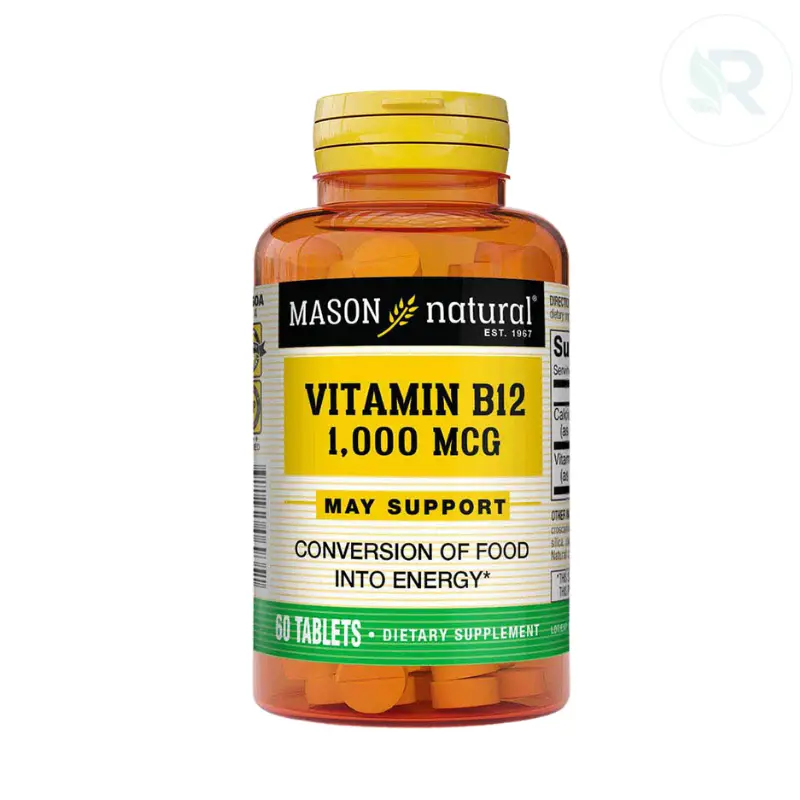Vitamin B
Vitamin B plays a vital role in maintaining good health and well-being. B vitamins have a direct impact on your energy levels, brain function, and cell metabolism. To be more specific, vitamin B complex (a combination of all vitamin B subtypes) helps prevent infections and supports/promotes better cell health, energy levels, digestion, etc. There are many different types of vitamin B.As general information:Thiamine, also known as vitamin B1, helps the body break down food and release its energy and keep the nervous system healthy. As for riboflavin, also known as vitamin B2, it helps keep the skin, eyes, and nervous system healthy. However, it is important to note that UV light can destroy this vitamin so ideally these foods should be kept out of direct sunlight. On the other hand, niacin, which is known as vitamin B3, helps the body release energy from food and keeps the skin and nervous system healthy. There are 2 forms of niacin: nicotinic acid and nicotinamide. Then there’s Vitamin B6, also known as pyridoxine, which helps the body to use and store energy from protein and carbohydrates in food and helps the body form hemoglobin, the substance in red blood cells that carries oxygen around the body. Biotin, which is known as vitamin B7, is needed in very small amounts to help the body make fatty acids. The bacteria that live naturally in your bowel are able to make biotin, so it’s not clear if you need any additional B7 from the diet. Biotin is also found in a wide range of foods, but only at very low levels. Finally, there’s Vitamin B12 which is involved in the making of red blood cells, release energy from food, and the use of folate. Lack of vitamin B12 can lead to vitamin B12 deficiency anemia. Other types of vitamin B include folic acid and pantothenic acid.












